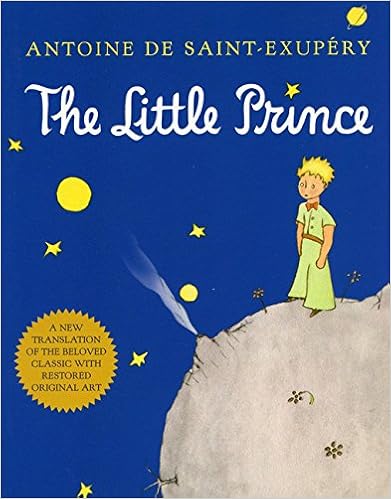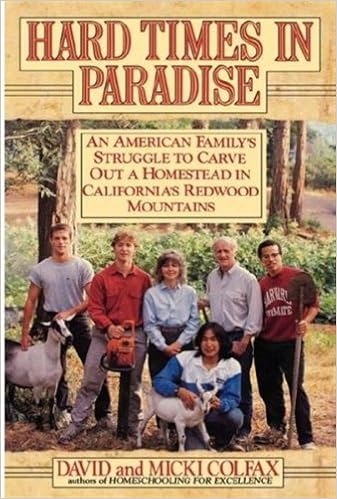Last fall I had the opportunity to take "Living Education Lessons" with Nancy Kelly, who writes at Sage Parnassus. When Finn was a toddler and I researched various educational philosophies, Mason's was the one that resounded with me. Charlotte Mason wrote about the inherent personhood and dignity of each child and the vital importance of relationships, and her method flows from those basic principles. Somewhere along the way, I found
Nancy's blog and knew I had stumbled upon a gem. Nancy has spent years studying Charlotte Mason's methods of education. She writes thoughtfully and sincerely, and she clearly understands Charlotte Mason's methods. Nancy offers a consulting service and I've happily taken advantage of her mentoring! So when I realized that her online
living education lessons would fit right into my schedule last fall, I decided to try them out. We met once a week during the fall, read from Mason's volumes, discussed teaching Shakespeare, the importance of the Holy Spirit in our homeschools, and so much more. At the end of the "term," Nancy asked us each to write a reflection paper and read it during our last session. It was so fascinating to see what others had gleaned from the class and our readings! We all had different perspectives and responses, and a couple of them were quite moving.
Mine was a surprise to me: it had to do with time. I am copying my reflection paper, in full, below. And I'm continuing to ponder these ideas as we gear up to begin our schoolwork again. Mason's ideas are rich and are worth a slow ponder!
* * *
The book of
Ecclesiastes tells us that “to everything there is a season, and a time to
every purpose under heaven.” During this “Season 2” I’ve encountered great
book recommendations and enjoyed pondering some of Mason’s basic principles.
But the thing that triggered my watershed moment was an off-the-cuff response
Nancy gave in our last session when discussing balancing homeschool and domestic
obligations.
She said when her
children were young, she was with them doing school until it was done. “And so,” she said, “we didn’t always have
the greatest lunches, the house wasn’t always as clean as I wanted it to be,
the laundry often got piled up, and it doesn’t matter, right?....That’s just
the phase of life and the relationships are more important than the swept
floor.” (emphasis added)
What made this simple
reflection into a watershed moment for me?
I’ve heard this idea from
various mothers over the years, so it wasn’t completely new. What was new was that the timing was right:
I’d been pondering scheduling, particularly Mason’s notion that what doesn’t
get done in the assigned period of time—just
doesn’t get done. This, in turn, intersected
with the instruction Mason gave to her teacher trainees: “The children need
your utmost freshness of mind and energy, so do not sit up late preparing
lessons; what you seem to gain in preparation you lose by tiredness next day.” I
could see that Charlotte Mason herself appeared to realize the many limitations
of our lives. Just as we shouldn’t drag
the math lesson on indefinitely and exhaust a child, we shouldn’t stay up late
doing our work and exhaust ourselves!
This triggered the
memory of a blog post Nancy wrote several years ago, so I found that and
re-read it. (“
Time Value,” November 9, 2011.) A student at Scale How wrote that
at the teaching college “
time was to be respected, given to the thing or person
claiming it rightfully. Then there would
always be time, without over-pressure or distraction. This sense of time value
was hard to achieve but it bore the test of experience during the two years’
training. What an effort of faith it all
was…it did not seem possible to find a moment for everything, yet if no time was
wasted there was plenty of it and no hurry.” (again, emphasis added)
Nancy noted that this
boils down to attentiveness. She closed
the post by saying “in other words, we need to be fully present for them.
That’s more important than keeping a perfect house or schedule.”
As a recovering
type-A over-achieving perfectionist who used to work in a career where I billed
clients in 6-minute increments, I’ve found it difficult to give myself
permission to turn off those “perfectionistic, do-it-all, and do-it-yesterday”
tendencies. I’ve hyper-focused on my
domestic life (cooking, baking, cleaning, organizing, sewing, knitting, home
improvement projects, gardening….) as well as my other interests (reading,
music, writing, exercising…..). And of
course, homeschooling! On the surface I do think I seem fairly adaptable and laid-back—although
I’m devoted to my checklists. But I
struggle internally with giving myself permission
to not conquer the world. Or at least…to
not conquer the ambitious self-generated to-do list!
Last summer I read
abook by Jean Fleming in which she wrote that our job as mothers isn’t to try to
cram in as much as we can in any given portion of time, but rather to focus on
the most important aspects of the season of life we’re in. In other words, we
must narrow our focus.
What I gleaned from
all these readings and thoughts was that narrowing my focus, submitting to the
limitations of this phase of life, and—most of all-- respecting time (rather than fighting against it, or trying to microscopically "manage" it in order to squeeze every efficient second out of our days...I'm guilty!) are principles
that will give me permission to say no to the “endless succession of small
things” (another Charlotte Mason phrase*) and to say yes to only the things
which I can do with my full attentiveness and presence during this season of
our lives.
Thanks, Nancy and
Charlotte!
*The Story of
Charlotte Mason, p. 160
* * *
If you're interested in the Charlotte Mason method, here are a few of my favorite resources:
Websites:
Sage Parnassus (short essays on Mason's philosophy; points to ponder; wonderful Shakespeare ideas!)
Charlotte Mason Help: hands-down the most practical CM website I've found; this is the site that convinced me to jump in with Mason's methods when Finn was tiny!
Ambleside Online: free curriculum/book lists with an active forum (I do not follow their curriculum, but the book lists are helpful)
Books:
Charlotte Mason's Original Homeschooling Series (Volumes 1-6)(by Charlotte Mason): by far the best books to read because they were written by Mason herself. You can read them online
here, but I recommend having a paper version. They're also available on kindle.
For the Children's Sake (Susan Schaeffer Macaulay): a solid iteration of the ideals and principles behind a Mason education







